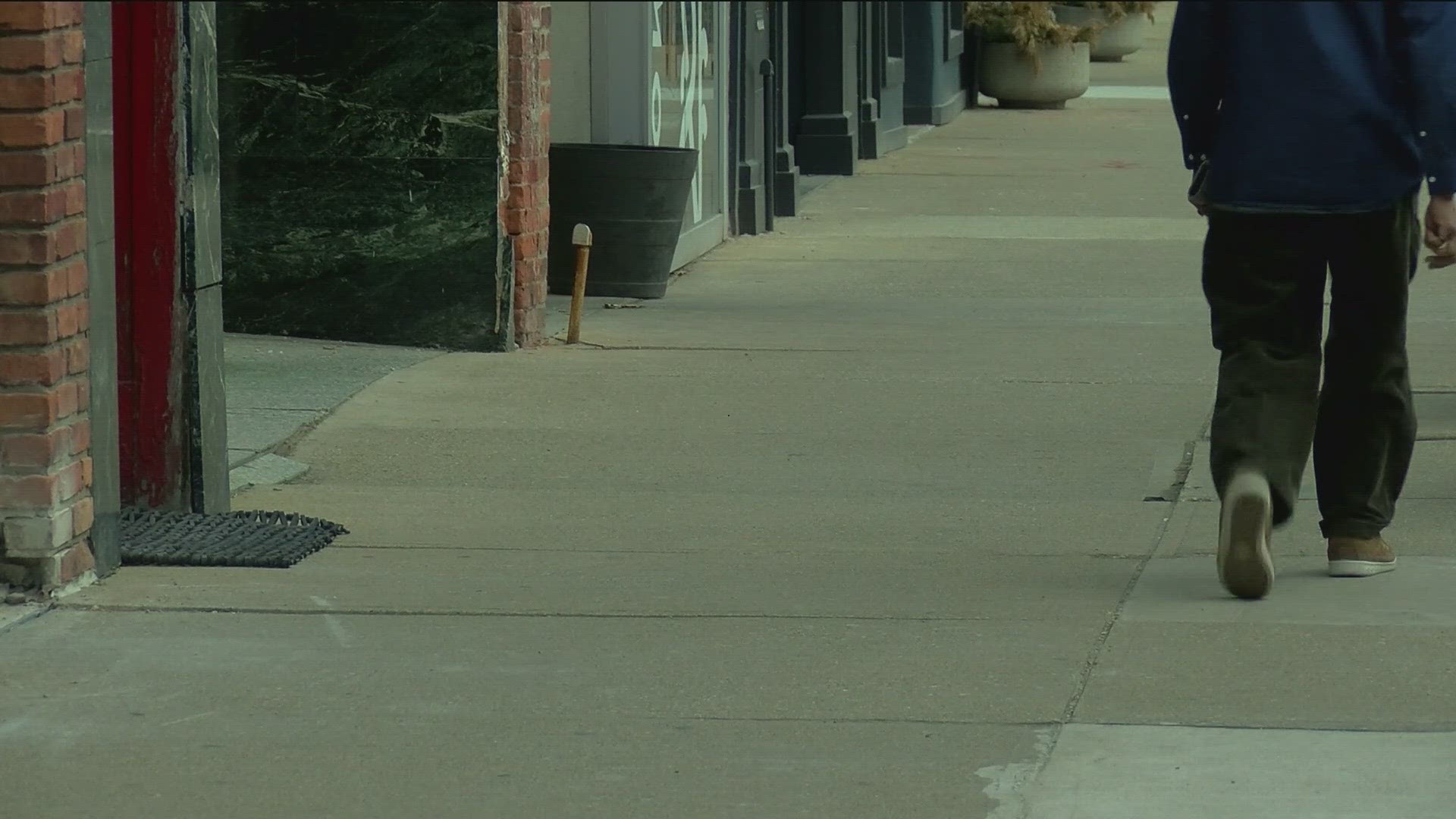TOLEDO, Ohio — It wasn't all that long ago when Black people and white people were separated because of the color of their skin.
Legally, segregation ended in 1964 but Betty Miller and Dr. Larry Hamme remember it well.
"In Alabama, I experienced separation based on race, but we didn't have a lot of interactions," Miller, a former teacher said.
Miller came to Toledo from Selma, Alabama, and used to work as a teacher at Toledo Public Schools. Hamme came from North Carolina under affirmative action.
"We were the first to enroll in the University of Toledo's psychology program," Hamme said. "I think it was novel for them and it certainly was novel for me because there were no black faculty members on the faculty there at that point."
Hamme was the first black graduate from UT's clinical psychology program but 60 years later, he said discrimination and prejudice remain.
"You think that racists don't meet? They meet. I guarantee you they are meeting right now," Hamme said.
Both Hamme and Miller said there's not much of a difference between then and now. They say it's just shifted.
"If you lived in the South, white people would tell you they didn't like you," Miller said. "You didn't have to guess about where you stood, you knew."
The Black experience today, they said, is similar and strongly rooted in America's history.
"The African Americans bore all of the weight of integration. The white people didn't come to the Black schools. The white people didn't move to the Black neighborhoods. So when you bear that kind of burden, it takes a toll on you," Miller said.
And Hamme said it's a cycle that's been repeated for generations.
"If you are not the victim, you don't see it happening or you don't know how it's perpetrated," Hamme said. "Many of the institutions that we deal with, there's this whole idea about systemic discrimination or systemic racism."
Take housing for example.
"Once poverty was identified and a specific group of people. That was a way to discriminate," Miller said.
She said there was a barrier and it was based on race.
"I had accepted the idea that I was poor because it has just been said enough times," Miller said. "But as an adult looking back on my family, I was probably not poor."
Hamme said a lot of it is still happening because of fear, ignorance and not wanting to understand someone different than you.
"The system is not broken. It's working exactly the way it was supposed to work. People were going to discriminate against and keep African Americans and other minorities in a low position," Hamme said. "This system is not broken, it was created this way and it continues to function the way it was created."
So how do we change it? Hamme believes a good start is through laws and conversations.
"The idea about racism and race relations is a very touchy subject," Hamme said. "People talk about it, but they talk about it with people they are comfortable with."
"When we have some conversations, we'll see that we all need each other," Miller said. "I bring something to the table that you don't. My Black experience brings something to the table that your white experience alone doesn't."

